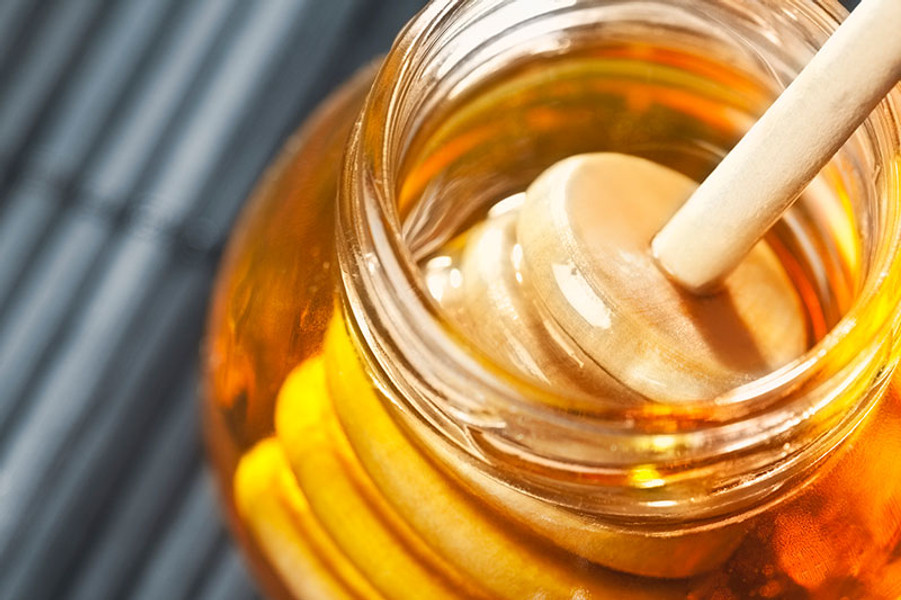Why Opting for Local Bee Farms is the Sweetest Choice
Posted by Fresh Harvest Market on 6th Jun 2024
In the world of honey, not all golden jars are created equal. Many commercial honeys lining grocery shelves may not be the pure, unadulterated nectar that bees diligently produce. Instead, they often contain hidden additives like corn syrup or brown rice syrup. In this article, we delve into the sticky truth behind these sweeteners and explore compelling reasons why you should consider sourcing your honey directly from local bee farms.
The Buzz on Adulterated Honey
1. Decoding Labels: Unmasking Impostors
When perusing the honey section at your local grocery store, it's crucial to decipher labels. Terms like "pure honey" might not necessarily mean what they imply. Adulterated honey often finds its way onto the shelves, concealing its true nature behind misleading packaging.
2. Corn Syrup Conspiracy: Sweetening the Deal
One common culprit in adulterated honey is corn syrup. Manufacturers blend it with genuine honey to cut costs and enhance sweetness. Unfortunately, this practice diminishes the nutritional value and authentic taste that pure honey offers.
3. Brown Rice Syrup: A Stealthy Substitute
Brown rice syrup is another imposter in the honey landscape. It mimics the viscosity and color of honey, making it a subtle yet harmful addition. As consumers, understanding these tactics is crucial to making informed choices.
The Case for Local Bee Farms
4. Transparency and Traceability: Know Your Source
Local bee farms offer a level of transparency that mass-produced honeys often lack. By purchasing honey directly from these farms, consumers gain insight into the production process, ensuring the honey on their table is genuinely pure.
5. Supporting Local Ecosystems: A Sweet Gesture
Choosing honey from local bee farms isn't just about the product; it's about supporting local ecosystems. Bees play a pivotal role in pollination, contributing to the health of our environment. By opting for local honey, you actively participate in the preservation of these essential pollinators.
6. Flavorful Diversity
Local honey reflects the unique flora of its surroundings, showcasing the concept of terroir in beekeeping. The diverse range of flowers bees visit influences the flavor profile of the honey, providing consumers with a rich and varied culinary experience.
Navigating the Honey Landscape
7. Reading Between the Lines: Consumer Empowerment
Empowering consumers to make informed choices is crucial. Understanding the nuances of honey labeling enables individuals to distinguish between authentic, pure honey and its adulterated counterparts, fostering a culture of conscious consumption.
8. Educational Initiatives: Cultivating Awareness
Promoting awareness about the honey industry's intricacies is a shared responsibility. Educational initiatives, both online and offline, play a vital role in enlightening consumers about the potential pitfalls of commercial honey and the benefits of supporting local bee farms.
The Sweet Victory of Informed Choices
In the world of honey, knowledge is the key to unlocking the sweetest experiences. By unraveling the mysteries of honey labels and opting for local bee farms, consumers can savor the true essence of this golden elixir. Let your choice be more than a selection from the grocery shelf; let it be a conscious decision to support purity, flavor diversity, and the buzzing ecosystems that make honey possible. Embrace the sweetness of informed choices and indulge in the authenticity that only local bee farms can provide.

